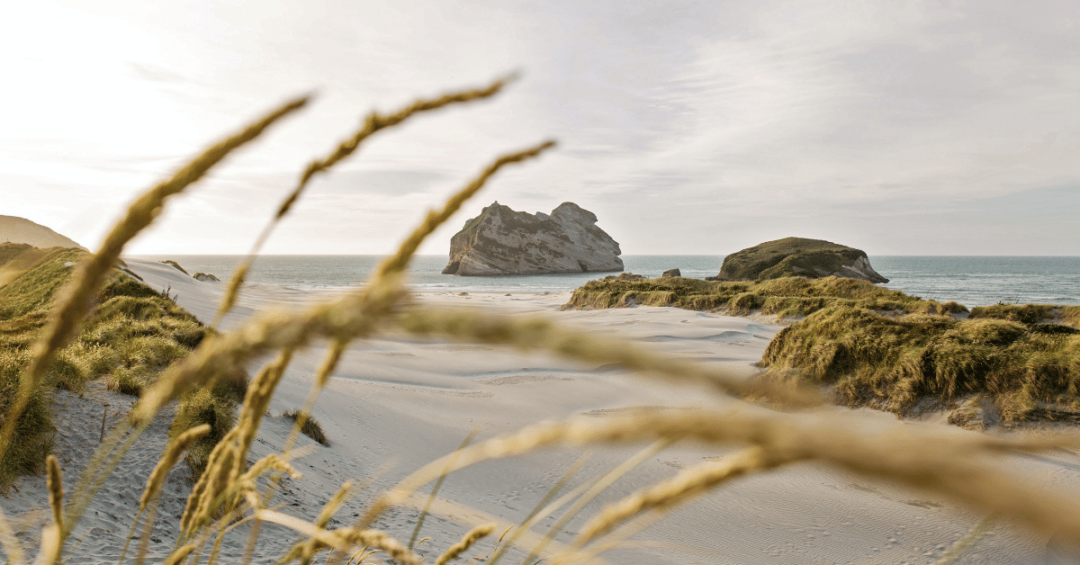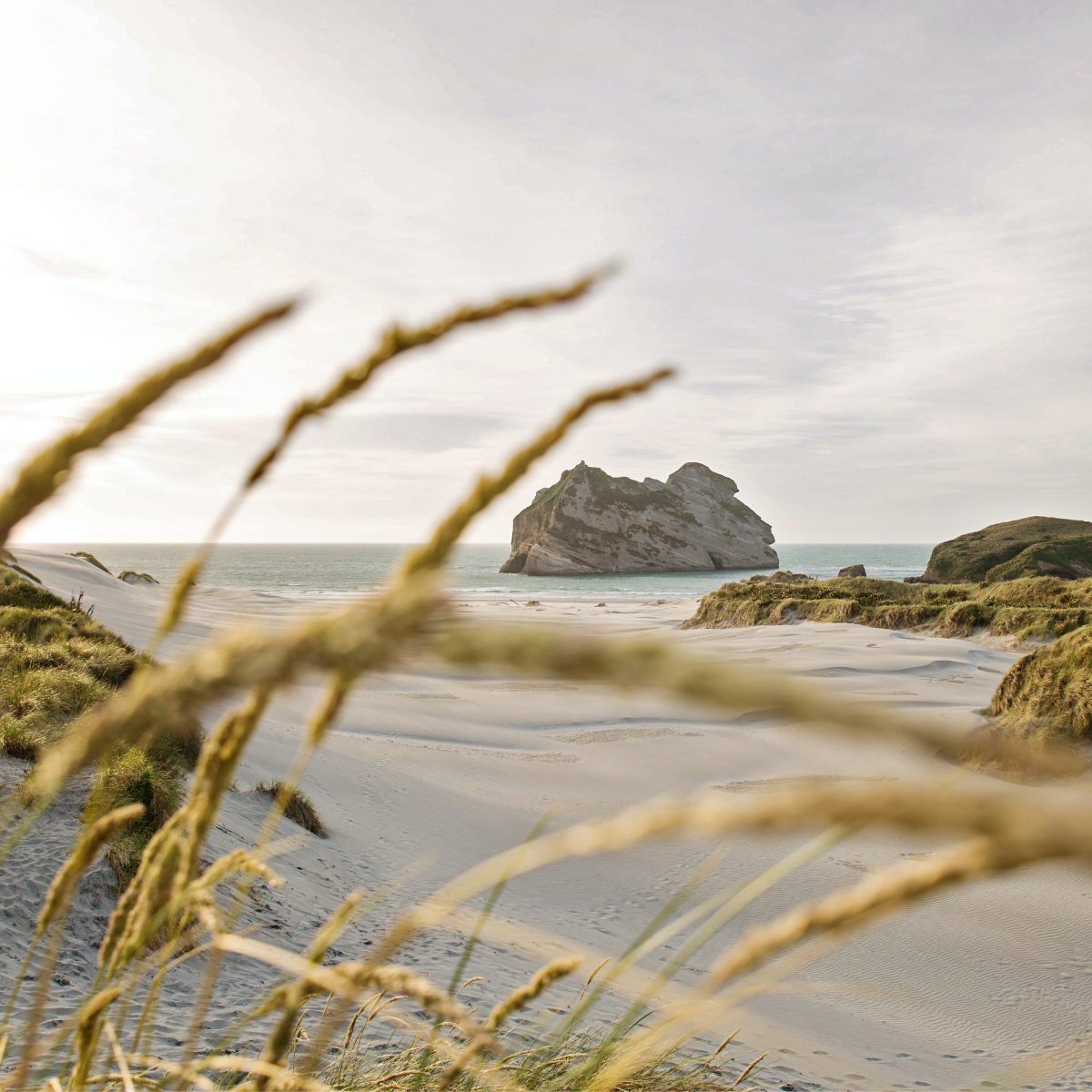Aotearoa New Zealand is known throughout the world for being home to some of the most unique ecosystems, flora and fauna. Unfortunately, biodiversity collapse is imminent, both here and around the globe, according to the Intergovernmental Science-Policy Platform on Biodiversity and Ecosystem Services (IPBES). As progress has accelerated on emissions reductions, the importance of considering nature and biodiversity protection within mitigation solutions has increased. This can be seen in the rise of concepts like nature-positive, climate-positive, nature-based solutions, biodiversity strategies and circularity (just to name a few).
The role of business in relation to nature is highly topical and fast-moving in New Zealand and around the world, including amongst our membership. This blog introduces some of the key concepts within the nature subsection of sustainability.
The benefits and criticality of nature
Humanity relies on nature more than we often realise, with benefits stretching far beyond just visiting beautiful wild spaces for exercise or mental well-being. We need plants to make our prescription medications, forests for carbon sequestration, the ocean to capture increases in global heat, tree cover to help reduce temperatures in cities, mangroves to protect against storm surges – the list goes on.
Example: In rural Japan, natural biosystems are being leveraged by farmers who farm rice-ducks, azolla (moss) and loach (fish). Ducklings provide pest management services (replacing pesticides and herbicides) by digging up and eating weeds and bugs, while the duck and fish waste increases social nutrition for the rice without needing fertilizer. Then the farmers harvest the rice, ducks and eggs, fish and azolla to sell, thereby diversifying their business model and increasing resiliency and economic prosperity. It’s a win-win!
What’s the role of business, and what’s next?
There is a lot happening in the nature space, both in the public and private sectors – the below are a few of the many collaborations and conversations currently taking place around biodiversity, which offer very useful resources:
- Convention on biological diversity (CBD) – in December 2022, Part 2 of the CBD’s COP 15 will take place in Montreal, with the meeting expected to result in a new post-2020 global biodiversity framework
- UN decade on ecosystem restoration (2021-2030)
- Science-Based Targets Network (SBTN)’s initial guidance
- Business for Nature
- Taskforce on Nature-Related Financial Disclosures (TNFD)
- Global Goal for Nature
- Global Commons Alliance
- Earth Commission
- The Capitals Coalition
- Doughnut economics and planetary boundaries.

The World Business Council for Sustainable Development (WBCSD), of which SBC is the only New Zealand-based Global Network Partner, has introduced member requirements around nature, has an entire nature action programme, has developed a nature positive tool and is part of the TNFD pilot. Many businesses, including in Aotearoa, are following suit, including some SBC members who are harnessing the power of nature and transforming their business models:
- Z Energy and DB Breweries are both working with The Nature Conservancy to improve biodiversity in their respective remits
- Silver Fern Farms is investing in regenerative farming practices
- Lyttleton Port Company has developed the Whaka-Ora Healthy Harbour plan
The balance of te ao Māori and te ao Pākehā
Aotearoa holds a beautifully unique proposition for how we engage with nature, and it’s critical to highlight the importance of mātauranga Māori and indigenous wisdom in this context (Te Mana O Te Taiao, Aotearoa’s Biodiversity Strategy, articulates this wonderfully).
In the past, all our ancestors were deeply connected with nature. However, industrialisation and urbanisation began to separate this relationship. To bring it back together, it’s useful to learn from te ao Māori, which recognises the interconnection of people and nature, as well as the mauri (life force) of nature. Combining this world view with western science gives us a complementary and balanced perspective on nature.
Example: The Whanganui River was the first waterway in the world to get legal personhood, highlighting a unique blend of Māori values and Pākehā legal systems.
It’s clear that the frameworks that have worked incredibly well for climate action and mitigation (like TCFD and SBTi) are able to successfully be applied to nature (like TNFD and SBTN). This will be critical to businesses translating a vision for interconnectedness with nature into reality.
You can expect to see some more nature-focussed content from us in the coming months as we look to deliver on our strategy which is all about helping business, people and nature thrive together. To kick this work off, SBC hosted a webinar with Lyttelton Port and Nature Positive, which you can watch here.


